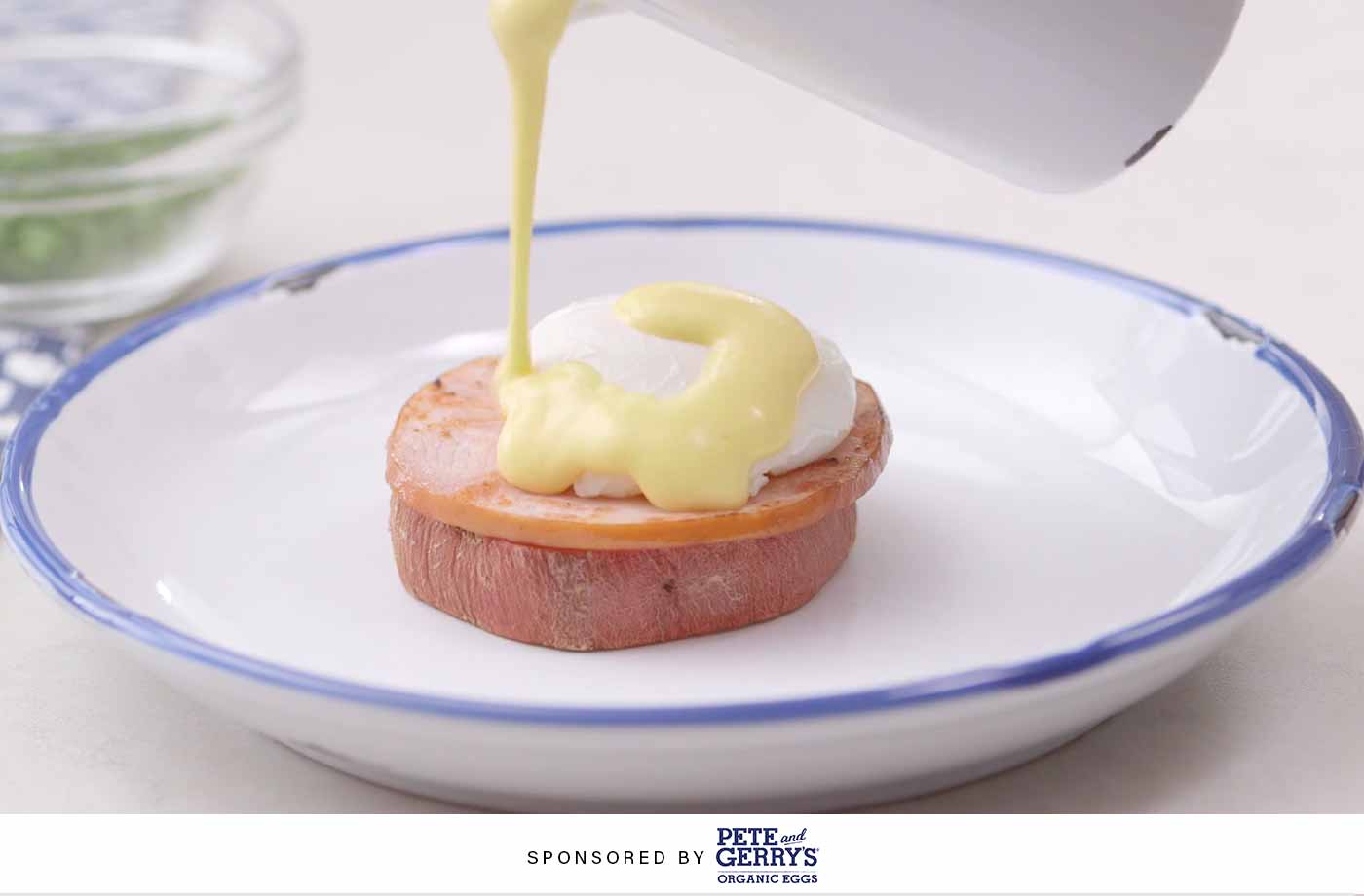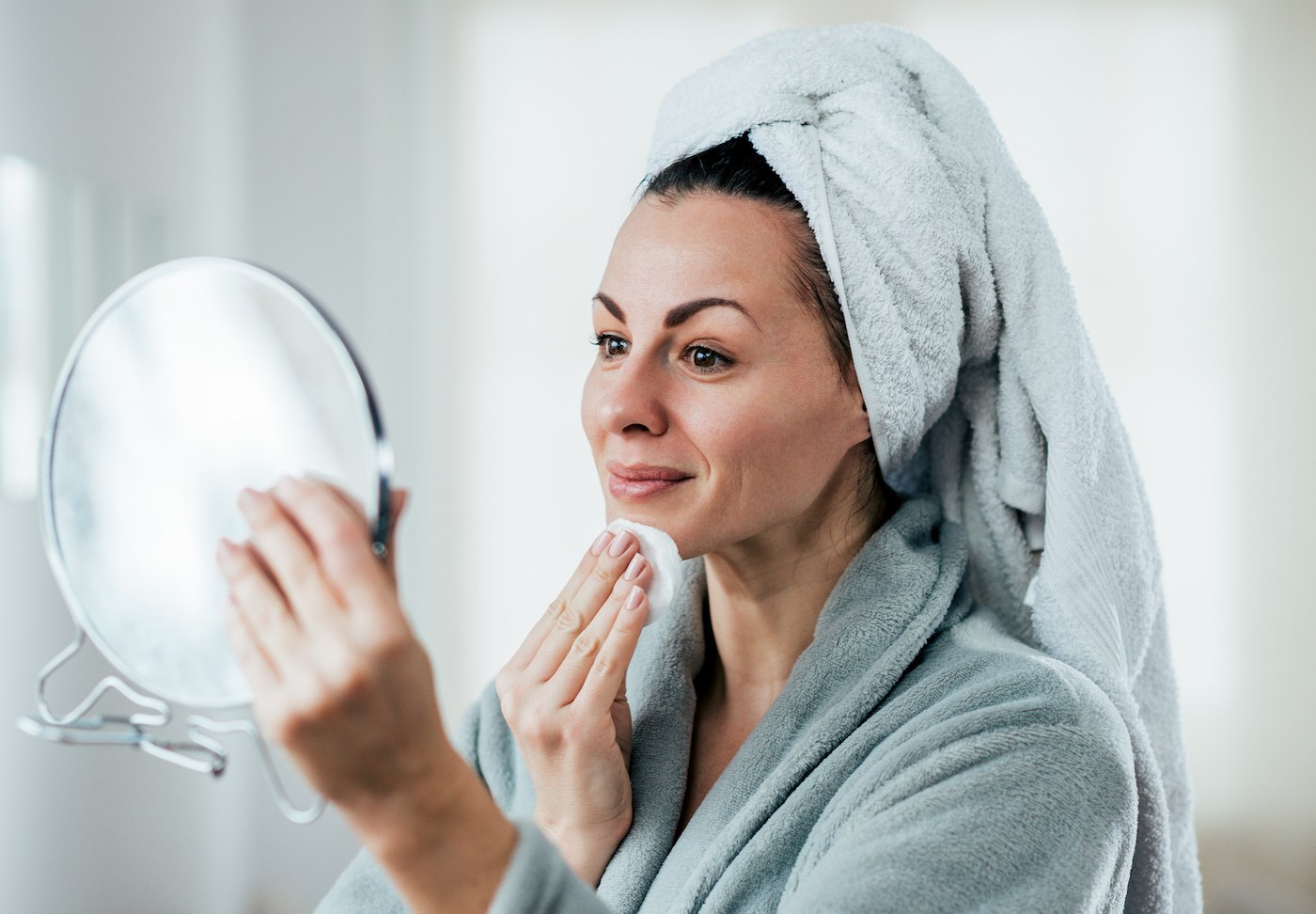
August 10, 2019 at 12:02PM by CWC
You know how important scalp health is to hair health. When your scalp is happy and clean, your hair is able to grow long and strong. But if you don’t start taking care of your hair at the root—making sure your scalp gets all the attention it needs—you’ll wind up with build-up that can make your follicles weaker over time. And that’s where scalp scrub comes in.
Scalp scrubs do wonders for your hair. Just like facial and body scrubs, they exfoliate dead skin cells, get rid of any product build-up from all those mornings you reached for the dry shampoo, and fight off any excess oil—all things that leave you with healthy, thick, and shiny hair. But it’s not one size fits all, and—contrary to popular belief—not everyone benefits from using one regularly.
According to Sheel Desai Solomon, MD, a North Carolina-based dermatologist, scalp scrubs aren’t a good choice for anyone who suffers from skin conditions on the scalp, including psoriasis, acne, eczema, or any cuts and sores. “Scrubbing can aggravate the condition and might cause even more flaking and irritation,” she says. Also, be weary if your scalp is flared with seborrheic dermatitis or irritated for any other reason: “If that’s the case, a scalp scrub may not be the best solution,” adds dermatologist Keira L. Barr, MD, founder and chief wellness officer of Resilient Health Institute.
ADVERTISEMENT
ADVERTISEMENTKate Spade Autumn/Winter Sale |
With that being said, if you don’t have a skin condition on your scalp, there are a few simple ways to tell if you actually need to use a scalp scrub or not.
“If you’re a product junkie, washing your hair may or may not wash out all the product, dry shampoo, oil, sweat, and dead skin cell build-up on your scalp, so scalp scrubs may come in handy. And individuals with finer textured hair can be more prone to product build-up, so a scalp scrub may be a good consideration,” Dr. Barr says. “All in all, if you tend to use a lot of product, your hair is dull, your scalp is more dry and flaky, and your hair is more difficult to manage, trying a scalp scrub may be a worthwhile consideration.”
If you think a scalp scrub could do you some good, don’t just go out and buy the first one you see. First determine which type is best for you: physical or chemical.
“Physical exfoliants use small grains to scrub away any product buildup or dirt on the scalp. They’re useful for anyone with any flakiness, excess oil, or dandruff. However, be sure to use gentle scrubbing motions to avoid damaging the skin,” Dr. Solomon says. “Chemical exfoliants, on the other hand, have the active ingredients that remove dead skin cells and flaking without having to massage or scrub the area. They contain ingredients like salicylic and glycolic acid to fight against excess sebum production and promote healthy cell turnover.”
Barr says finding the right product might take some trial and error, but there are some key ingredients you can look out for that can help you get closer to your perfect scalp scrub. “Those with a more oily scalp may choose ingredients like charcoal or kaolin clay to absorb excess oil, while those with more buildup may choose sugar or sea salt to help with exfoliation. And those with dry scalp may prefer to use coconut, argan, or jojoba oil to moisturize the scalp,” she explains.
After you bring one home, use it no more than once a week—or once every other week if you have more sensitive skin. It won’t be long until you have a squeaky-clean scalp…and the healthy, shiny hair to prove it.
The next time you want to rock some beachy waves, use these products that make air drying so easy. Then find out the only four hair products Blake Lively’s hairstylist uses, because who wouldn’t want to steal her ‘do?
Author Tehrene Firman | Well and Good
Selected by CWC
ADVERTISEMENT
ADVERTISEMENTUp to 30% off Gift Sets |







